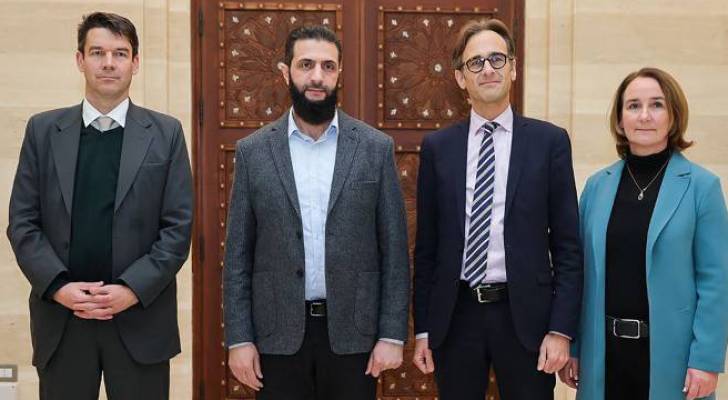
Tourist activity significantly declines across the Kingdom; over 30 hotels shut down
There has been a decline in the number of tourists coming to the Kingdom, particularly from Europe, in the first half of 2024.
This decline is attributed to the ongoing impact of the Israeli Occupation aggression on the Gaza Strip since October 7.
– Hotel closures and layoffs –
The Petra Development and Tourism Region Authority (PDTRA) announced the closure of more than 28 hotels in Petra with a total capacity exceeding 1,000 rooms due to the decline in tourist activity.
Hussein Hilalat, deputy president of the Jordan Hotels Association, told Roya that 2023 was a golden year for the tourism sector until October. However, due to the aggression against the people of Gaza, delegations began canceling reservations and refrained from visiting Jordan.
Hilalat mentioned that most hotels have been empty since October 7, although some hotels in Amman managed to fill about 50 percent of their rooms by hosting residents and Arab visitors who visited this summer.
– Layoffs in Petra –
He pointed out that currently, hotel occupancy in Petra does not exceed 3 percent, noting that the difference in occupancy rates between the first six months of 2023 and the first six months of 2024 is more than 90 percent.
He explained that Petra’s hotel occupancy rates in March, April, and May usually reach 90 percent, while this year, the rates during these months have dropped to 33 percent.
Hilalat indicated that the city used to receive more than 5,000 tourists per day, whereas the current figures are less than 200 tourists.
Hilalat mentioned that Petra has 3,200 hotel rooms, with more than 1,000 rooms closed across over 30 hotels.
Approximately 1,000 employees have been laid off due to the decline in tourism, impacting various sectors in the city, not just the hotels.
– Jordan on the global tourism risk map –
Regarding Aqaba, Hilalat stated that the city is currently relying on domestic tourism.
He noted that domestic tourism bookings are helping to increase hotel occupancy rates, unlike international tourism bookings.
He added that Jordan is currently listed on the global tourism risk map due to the aggression on Gaza, leading European countries to advise their citizens against traveling to Jordan except at their own risk.
Hilalat urged the Ministry of Foreign Affairs to instruct Jordanian ambassadors in these countries to provide guarantees and evidence regarding the safety of traveling to the Kingdom, which would help reactivate tourism activity.
He also noted that the Iranian drone attack on the occupation in April had a significant negative impact on flight operations, especially for low-cost airlines, which canceled a large number of flights to the Kingdom.
– Calls for government action –
Hilalat called on the government to make swift decisions to save the sector, as hotels are struggling to cover their operating expenses such as rent, employee salaries, and government obligations.
He indicated that the government has not yet taken significant measures to support the sector.
The Social Security Corporation (SSC) rescheduled the hotels’ obligations, and the Central Bank of Jordan (CBJ) only extended loan rescheduling for six months.
He pointed out that while the government acknowledges the current damage in Petra, the tourism sector in various governorates across the Kingdom is also affected.
He mentioned that occupancy rates in the Dead Sea area rise to about 50 percent during weekends but drop to 15 percent during mid-week, meaning the average occupancy rate is generally around 20-25 percent, which is insufficient.
He noted that investors need an occupancy rate of around 50 percent to cover their operating costs due to high prices for electricity, water, taxes, food, and other expenses.
A five-star hotel room costs around JD 48 before it is used, according to a study, with additional costs for various amenities.
Tourism constitutes 15.6 percent of Jordan’s GDP.
– A new crisis for tourism –
Hilalat described the current situation as a new crisis for the tourism sector, even more severe than the conditions experienced during the COVID-19 pandemic, which saw government support for the sector.
He emphasized the need for an emergency management team for the sector, as many hotels are essentially closed and offering unpaid leave to their employees.
He added that Jordanian hotel owners have endured more than 10 months, paying employee salaries and operating costs from their own funds, and called on the SSC to act and take appropriate measures.
He warned that if the situation persists, more hotels across the Kingdom will be forced to close.








